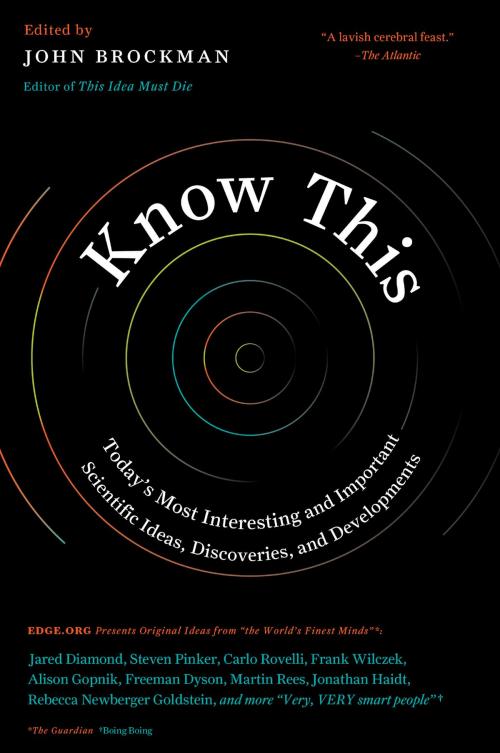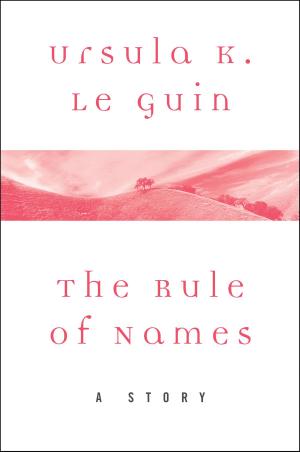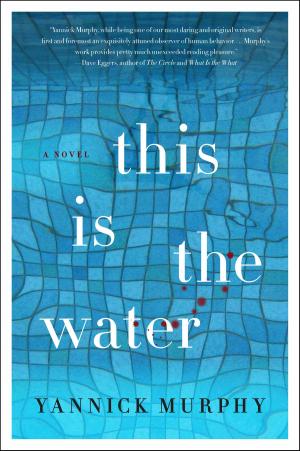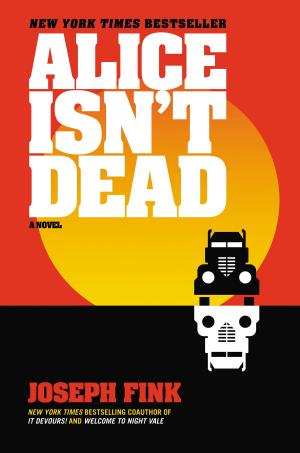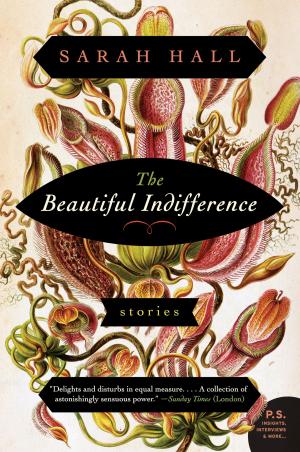Know This
Today's Most Interesting and Important Scientific Ideas, Discoveries, and Developments
Nonfiction, Science & Nature, Science, Biological Sciences| Author: | John Brockman | ISBN: | 9780062562074 |
| Publisher: | Harper Perennial | Publication: | February 7, 2017 |
| Imprint: | Harper Perennial | Language: | English |
| Author: | John Brockman |
| ISBN: | 9780062562074 |
| Publisher: | Harper Perennial |
| Publication: | February 7, 2017 |
| Imprint: | Harper Perennial |
| Language: | English |
Today's most visionary thinkers reveal the cutting-edge scientific ideas and breakthroughs you must understand.
Scientific developments radically change and enlighten our understanding of the world -- whether it's advances in technology and medical research or the latest revelations of neuroscience, psychology, physics, economics, anthropology, climatology, or genetics. And yet amid the flood of information today, it's often difficult to recognize the truly revolutionary ideas that will have lasting impact. In the spirit of identifying the most significant new theories and discoveries, John Brockman, publisher of Edge.org ("The world's smartest website" -- The Guardian), asked 198 of the finest minds What do you consider the most interesting recent scientific news? What makes it important?
Pulitzer Prize-winning author of Guns, Germs, and Steel Jared Diamondon the best way to understand complex problems * author of Seven Brief Lessons on Physics Carlo Rovelli on the mystery of black holes * Harvard psychologist Steven Pinker on the quantification of human progress * TED Talks curator Chris J. Anderson on the growth of the global brain * Harvard cosmologist Lisa Randall on the true measure of breakthrough discoveries * Nobel Prize-winning physicist Frank Wilczek on why the twenty-first century will be shaped by our mastery of the laws of matter * philosopher Rebecca Newberger Goldstein on the underestimation of female genius * music legend Peter Gabriel on tearing down the barriers between imagination and reality * Princeton physicist Freeman Dyson on the surprising ability of small (and cheap) upstarts to compete with billion-dollar projects. Plus Nobel laureate John C. Mather, Sun Microsystems cofounder Bill Joy, Wired founding editor Kevin Kelly, psychologist Alison Gopnik, Genome author Matt Ridley, Harvard geneticist George Church, Why Does the World Exist? author Jim Holt, anthropologist Helen Fisher, and more.
Today's most visionary thinkers reveal the cutting-edge scientific ideas and breakthroughs you must understand.
Scientific developments radically change and enlighten our understanding of the world -- whether it's advances in technology and medical research or the latest revelations of neuroscience, psychology, physics, economics, anthropology, climatology, or genetics. And yet amid the flood of information today, it's often difficult to recognize the truly revolutionary ideas that will have lasting impact. In the spirit of identifying the most significant new theories and discoveries, John Brockman, publisher of Edge.org ("The world's smartest website" -- The Guardian), asked 198 of the finest minds What do you consider the most interesting recent scientific news? What makes it important?
Pulitzer Prize-winning author of Guns, Germs, and Steel Jared Diamondon the best way to understand complex problems * author of Seven Brief Lessons on Physics Carlo Rovelli on the mystery of black holes * Harvard psychologist Steven Pinker on the quantification of human progress * TED Talks curator Chris J. Anderson on the growth of the global brain * Harvard cosmologist Lisa Randall on the true measure of breakthrough discoveries * Nobel Prize-winning physicist Frank Wilczek on why the twenty-first century will be shaped by our mastery of the laws of matter * philosopher Rebecca Newberger Goldstein on the underestimation of female genius * music legend Peter Gabriel on tearing down the barriers between imagination and reality * Princeton physicist Freeman Dyson on the surprising ability of small (and cheap) upstarts to compete with billion-dollar projects. Plus Nobel laureate John C. Mather, Sun Microsystems cofounder Bill Joy, Wired founding editor Kevin Kelly, psychologist Alison Gopnik, Genome author Matt Ridley, Harvard geneticist George Church, Why Does the World Exist? author Jim Holt, anthropologist Helen Fisher, and more.
